WildDrone’s DC5, DC6, and DC7 recently presented their latest research alongside experts from around the world at the 2024 ICUAS Conference held in Chania, Greece.
Saadia Afridi (DC5) presented her paper “Unveiling the Impact of Drone Noise on Wildlife: A Crucial Research Imperative“. Her comprehensive literature review revealed significant gaps in understanding how drone noise affects wildlife behaviour and ecosystems. Highlights from her research include:
- Wildlife Impacts: Drone noise induces stress, disrupts communication, and leads to habitat avoidance in various species.
- Innovative Solutions: Proposing quieter drones and biomimetic designs to minimise disruptions.
- Ethical Considerations: Emphasising value-sensitive design principles to align technological advancements with wildlife conservation goals.
- Future Directions: Advocating for global collaboration and standardised testing frameworks to guide responsible drone use in wildlife research and conservation.
Edouard Rolland (DC6) discussed his paper “Autonomous UAV Volcanic Plume Sampling Based on Machine Vision and Path Planning,” which originated from his master’s thesis project at the University of Bristol. His key contributions include:
- Machine Vision Model: Development of a YOLOv8 object detection model with an average precision of 90.7%.
- Path Planning Algorithm: Generating sampling trajectories for dual interceptions of volcanic eruptions.
- Simulation Validation: Validating the methodology through software-in-the-loop simulations.
This research advances UAV autonomy in volcanic plume sampling, reducing pilot cognitive load and improving the robustness of in-situ measurements.
Guy Maalouf presented his paper, “Airspace Situational Awareness: Proposed Airspace Safety Concepts & State-of-the-art Review of UAS Aircraft Detection Technologies.” Where he introduced two new concepts: System Configurations and Operational Classes.
System Configurations can be further divided into:
- Data Systems: Network Data System (broad communication via the internet) and Direct Data System (direct communication between users).
- Decision-Making Frameworks: Centralised Decision Making (single entity) versus Decentralised Decision Making (autonomous decisions by each UAS).
Operational Classes encompasses:
- High-Density Airspace: Urban areas with high traffic volumes requiring advanced safety systems.
- Area-Specific Operation: Low traffic density regions necessitating tailored safety measures.
- Low-Density Airspace: Minimal traffic areas prioritising cost-effective safety solutions.
The key insight is that airspace situational awareness requires segmenting the problem into discrete operational classes and selecting optimal system configurations for each.
During the conference, our DCs engaged in extensive networking activities, meeting professionals from various backgrounds. They also had the opportunity to introduce the WildDrone network, which garnered significant interest, paving the way for potential future collaborations.






